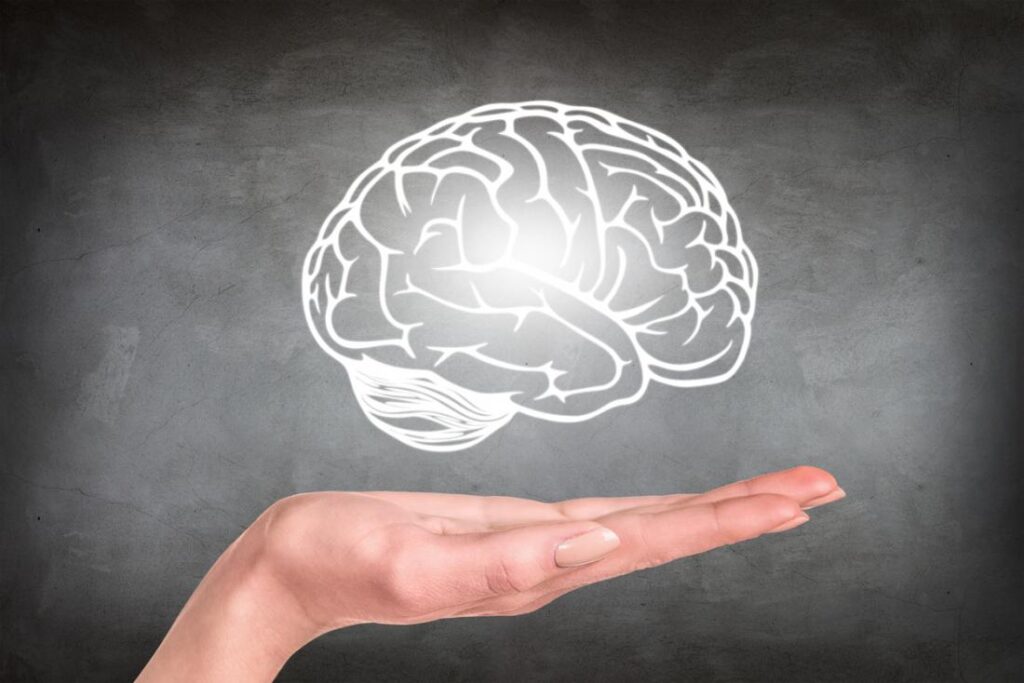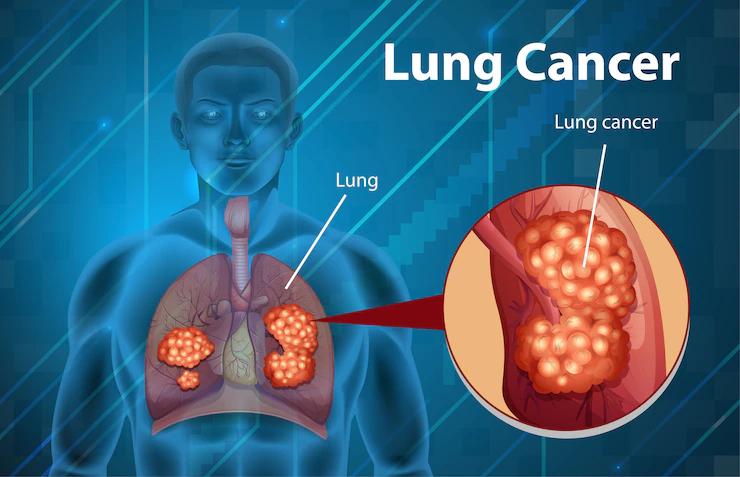The human brain is a highly complex organ made up of billions of neurons, and it continues to amaze scientists with its adaptability and intelligence. Recent breakthroughs in neurology have transformed our understanding of brain health, helping researchers uncover how the brain works. From studying how the brain adapts (neuroplasticity) to identifying the causes of neurological diseases, new discoveries are paving the way for better treatments.
Neurology is a vast field of medicine that focuses on diagnosing and treating brain and nervous system disorders. It explores everything from how brain chemicals interact to the intricate structure of neurons. Using advanced knowledge and diagnostic tools, neurologists work to relieve pain and improve patients’ quality of life by treating complex neurological conditions.
Brain Health: Latest Discoveries
The world of neuroscience is evolving rapidly, and 2024 brings groundbreaking innovations that could reshape brain health and treatment. From artificial intelligence (AI) in medical applications to advanced brain-computer interfaces, exciting discoveries are pushing the boundaries of neurology. Let’s explore some of the most significant breakthroughs improving brain care and treatment.
AI Transforming Neurology
Artificial intelligence is revolutionizing neurology by analyzing vast amounts of data to detect patterns that may go unnoticed by the human eye. AI-powered tools are enhancing diagnosis, treatment planning, and patient outcomes. For example, AI is used in CT scans to differentiate muscle and fat tissue or in MRIs to detect cancers more precisely. By automating routine tasks, doctors can focus more on personalized patient care. Additionally, machine learning helps predict treatment responses, improving recovery timelines and overall care quality.
Brain-Computer Interface (BCI) Technology
Brain-Computer Interfaces (BCIs) allow direct communication between the brain and external devices. Whether non-invasive, semi-invasive, or fully implanted, these interfaces translate brain signals into commands, enabling people with neurological disorders to interact with their surroundings. BCIs are being used to control prosthetic limbs, restore speech, and improve mobility for individuals with paralysis. As this technology continues to evolve, its potential to enhance independence and quality of life is becoming increasingly evident.
Advancements in PET Imaging
Positron Emission Tomography (PET) radiotracers have transformed how neurological diseases are diagnosed and treated. These advanced imaging tools provide deeper insights into the progression of conditions like Alzheimer’s and Parkinson’s disease. PET scans now help researchers understand brain inflammation and neurotransmitter dysfunction, paving the way for targeted treatments. The rise of theranostic radiotracers is particularly promising, as they combine diagnosis with precise drug delivery to affected brain tissues, improving treatment effectiveness.
Next-Generation MRI Technology
Magnetic Resonance Imaging (MRI) continues to evolve, offering higher-resolution scans and advanced analytical capabilities. Beyond standard imaging, new MRI techniques now map brain activity and detect early signs of neurological disorders. AI integration has further improved MRI accuracy by speeding up image interpretation and refining diagnostic precision. As MRI technology advances, it is not only used for diagnosing conditions but also for proactive brain health monitoring and personalized treatment planning.
The Role of Psychedelics in Mental Health
Psychedelic substances like psilocybin and MDMA are gaining attention for their potential therapeutic effects on mental health and neurological conditions. These substances have been shown to promote brain plasticity and alter neural connections, offering new hope for conditions like depression, anxiety, PTSD, and addiction. Clinical trials indicate that psychedelics, when combined with psychotherapy, can lead to long-lasting improvements in mental well-being. With growing research, these treatments are moving closer to regulatory approval and broader medical use.
Conclusion
Recent advancements in neuroscience are paving the way for groundbreaking changes in brain health care. AI-driven diagnostics, brain-computer interfaces, improved imaging technologies, and innovative treatments like psychedelics are shaping the future of neurology. As research continues, these developments promise more effective ways to diagnose, treat, and even prevent neurological disorders, making the future of brain health brighter than ever.







